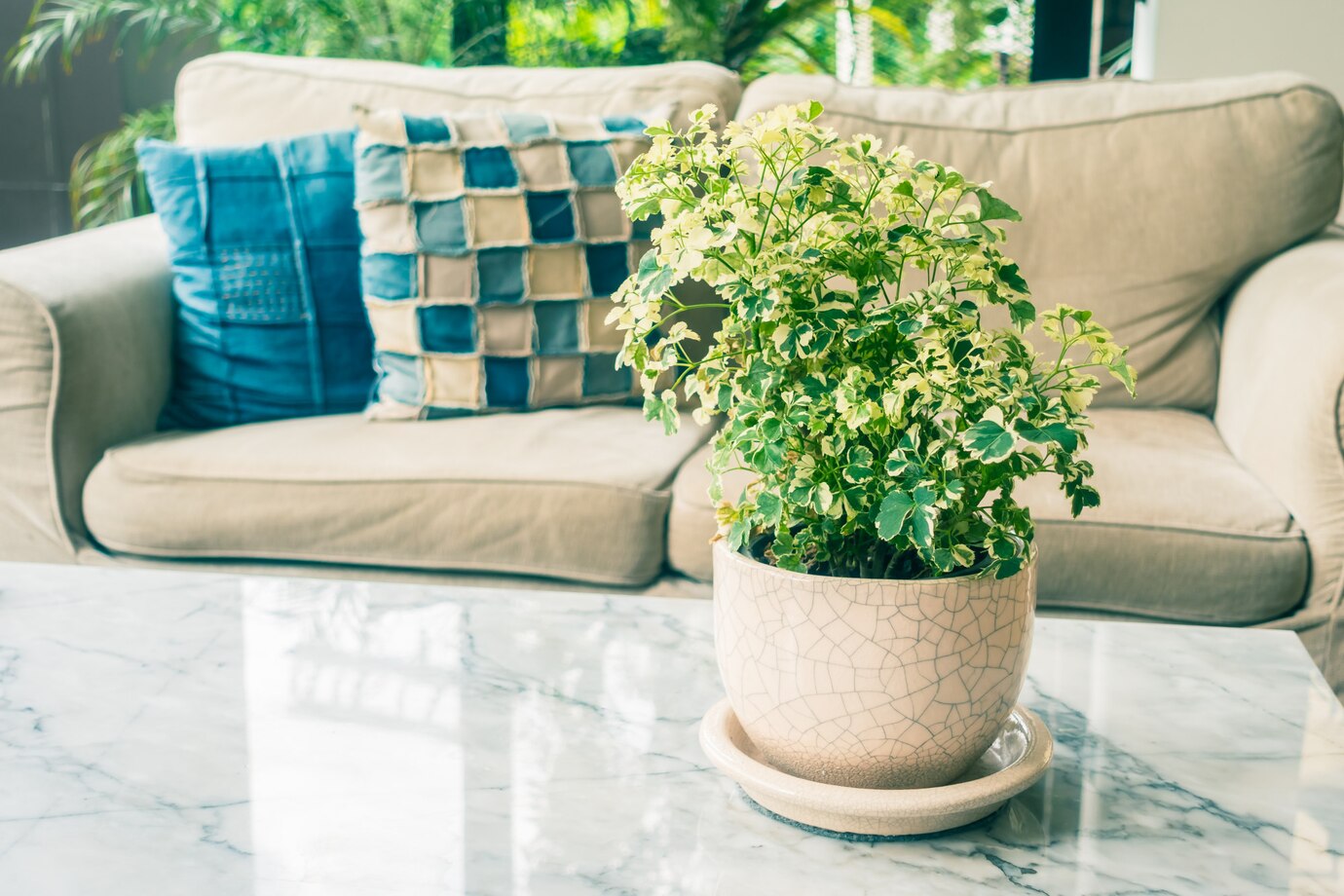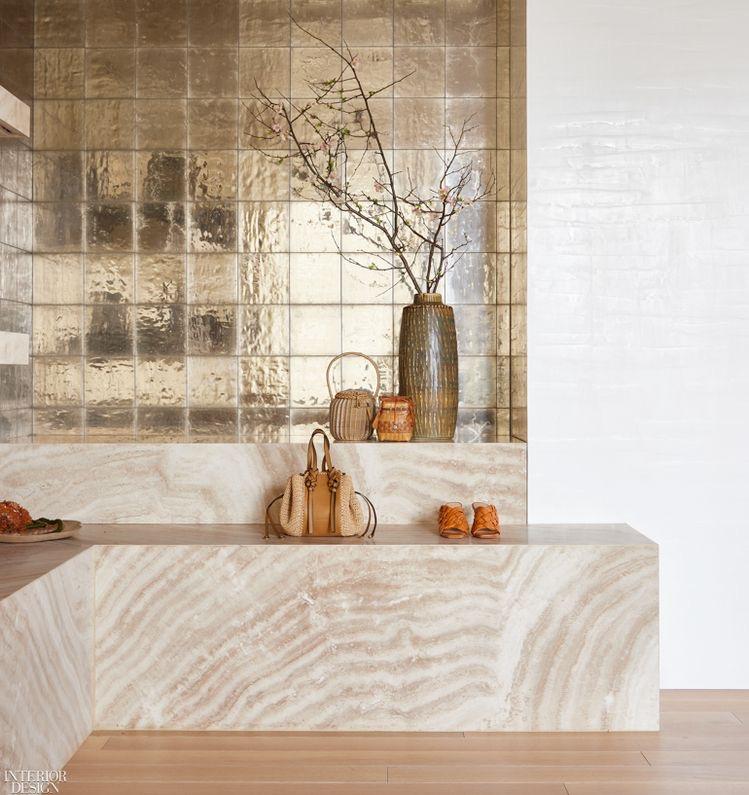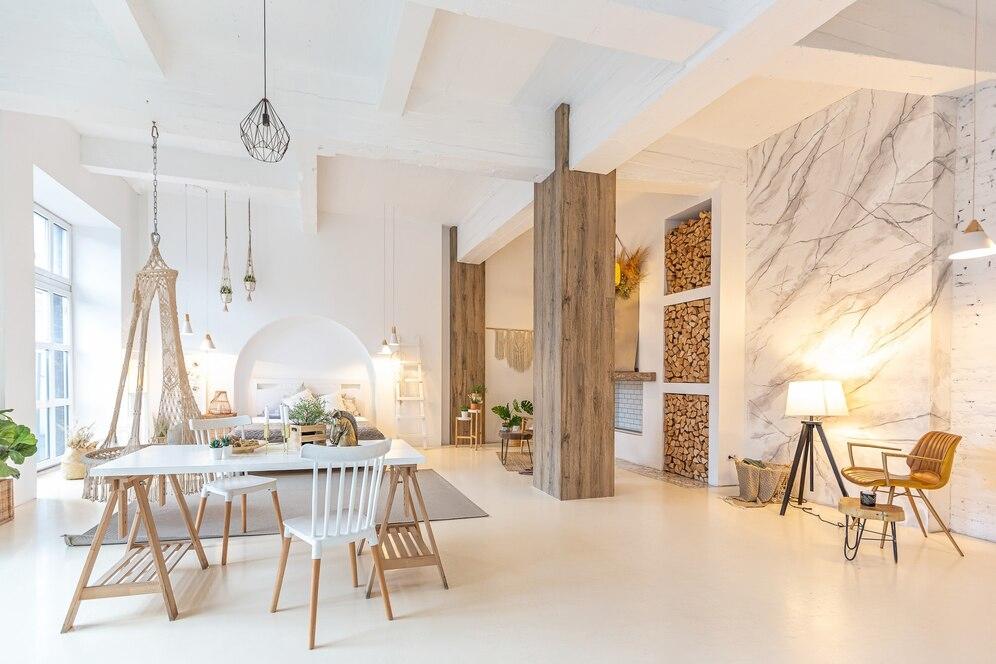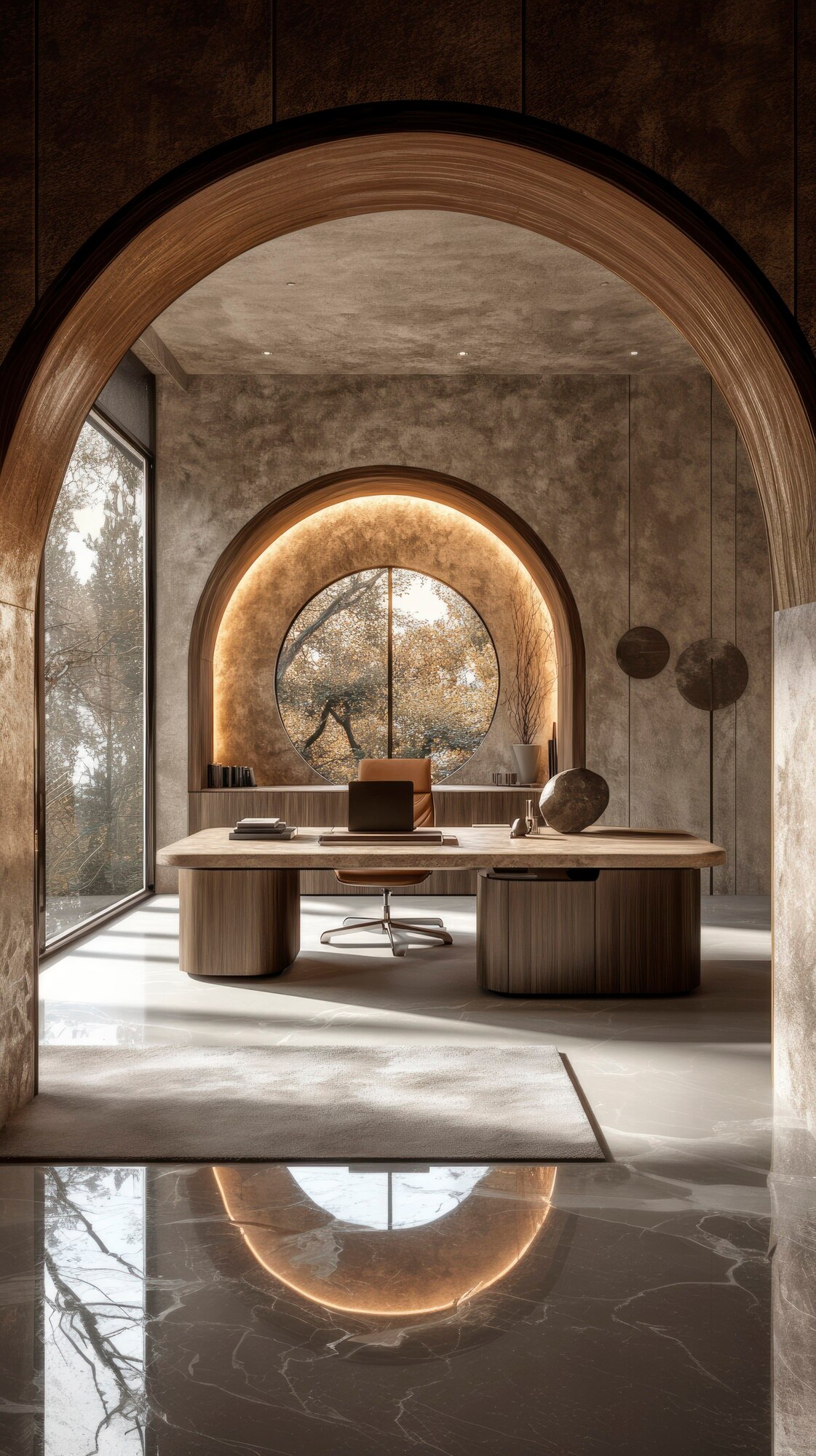
Eco-Friendly Alternatives to Italian Marble in Chennai
When it comes to interior design and architectural elegance, Italian marble in Chennai has long been a symbol of luxury and sophistication. Known for its timeless beauty, smooth finish, and high durability, Italian marble remains a popular choice among homeowners and designers alike. However, with the growing concerns around sustainability, there is a shift toward more eco-friendly alternatives that not only provide aesthetic appeal but also align with environmentally conscious living. In this blog, we explore some of the best eco-friendly alternatives to Italian marble in Chennai that offer both style and sustainability.
Why Move Away from Italian Marble?
While Italian marble in Chennai continues to be a top choice for many, the environmental impact of marble extraction cannot be ignored. The process of mining marble is highly energy-intensive, contributes to habitat destruction, and leads to significant carbon emissions. Additionally, Italian marble is often sourced from quarries in distant countries, resulting in a high carbon footprint due to transportation.
Given these environmental challenges, many homeowners and designers in Chennai are now looking for alternatives that offer the same luxurious look and feel of marble, but with a lower environmental impact. Luckily, there are several eco-friendly materials that serve as great substitutes for Italian marble.
1. Engineered Quartz
Engineered quartz is an incredibly popular alternative to natural stone, offering a wide range of benefits that make it a great choice for those seeking eco-friendly options. It is made by combining natural quartz with resins and other materials, resulting in a highly durable, low-maintenance surface. Quartz is available in a variety of finishes and colors that mimic the appearance of marble, including the classic white marble look.
The production of engineered quartz involves less energy and results in minimal waste, making it a more sustainable option compared to Italian marble. Additionally, many brands use recycled materials to produce quartz, which further reduces its environmental impact.
2. Recycled Glass Surfaces
Recycled glass surfaces are another excellent alternative to Italian marble in Chennai. Made by combining post-consumer glass waste with resin, these surfaces create an attractive, durable, and eco-friendly material that can resemble marble. The colors and designs can be customized, offering endless possibilities for homeowners and designers.
One of the key advantages of recycled glass is its minimal environmental impact. By reusing glass waste, this material helps reduce the demand for raw resources and reduces landfill waste. Furthermore, recycled glass surfaces are non-toxic and free from harmful chemicals, making them a safe option for homes and commercial spaces.
3. Bamboo Surfaces
While bamboo may not immediately come to mind as a marble alternative, it is quickly gaining traction as an eco-friendly option for flooring and countertop surfaces. Bamboo is one of the most renewable resources available, as it grows rapidly and requires little maintenance. Unlike marble, which takes millions of years to form, bamboo can be harvested every 3-5 years, making it a highly sustainable option.
Bamboo surfaces are available in a variety of styles and finishes, offering a sleek, modern aesthetic similar to that of Italian marble in Chennai. The material is also highly durable, water-resistant, and can be easily maintained, making it suitable for high-traffic areas like kitchens and bathrooms.
4. Concrete Surfaces
Concrete is another eco-friendly material that can be used as an alternative to Italian marble in Chennai. Though it may seem industrial at first glance, polished concrete has become a popular choice for contemporary homes and commercial spaces due to its versatility, durability, and low environmental impact.
Concrete surfaces can be customized with various pigments, stains, or aggregates to create a look that closely resembles marble. They are also highly durable, resistant to scratches and stains, and require minimal maintenance. Moreover, concrete is made from natural, locally sourced materials such as cement, water, and aggregates, which significantly reduces its environmental impact compared to marble.
5. Cork Flooring
Cork flooring is a surprisingly stylish and eco-friendly alternative to traditional marble. Cork is harvested from the bark of cork oak trees, which regenerate after each harvest, making it a renewable resource. Additionally, the cork harvesting process has a minimal environmental impact, and the material itself is biodegradable.
Cork flooring provides a warm, natural look that can replicate the texture and feel of Italian marble in Chennai while offering superior sound insulation and comfort underfoot. It is also resistant to mold, mildew, and pests, making it an excellent choice for those seeking sustainable and low-maintenance flooring options.
6. Cotton and Linen-Backed Surfaces
Innovative materials like cotton and linen-backed surfaces are also emerging as environmentally friendly options for countertops and wall panels. These materials are made by combining natural fibers like cotton and linen with eco-resins or cement to create durable, sustainable surfaces that can mimic the appearance of marble.
The production of cotton and linen-backed surfaces involves much less energy than traditional stone processing, making it a great option for eco-conscious homeowners. Furthermore, these surfaces are recyclable and biodegradable, making them a much more sustainable choice in the long run.
7. Soapstone
Soapstone is a natural stone alternative that is gaining popularity as a substitute for marble due to its aesthetic appeal and sustainability. Composed mostly of talc, soapstone is a soft, heat-resistant, and durable material that can take on a variety of finishes, including smooth, matte, or polished looks similar to marble.
Soapstone is relatively easy to mine and process, and it does not require the use of harmful chemicals. It is also long-lasting and requires little maintenance over time, making it an ideal choice for those who want a natural material that is more sustainable than marble.
Conclusion
While Italian marble in Chennai continues to be a symbol of luxury, the increasing awareness of environmental issues has led to a rise in the demand for eco-friendly alternatives. Whether you opt for engineered quartz, recycled glass, bamboo, concrete, cork, or soapstone, there are a wide range of sustainable options that can offer the same elegance and beauty as Italian marble without the environmental cost.
By choosing these sustainable alternatives, homeowners and designers in Chennai can create stunning, eco-friendly spaces that contribute to a more sustainable future while still enjoying the timeless appeal of marble-inspired surfaces.



